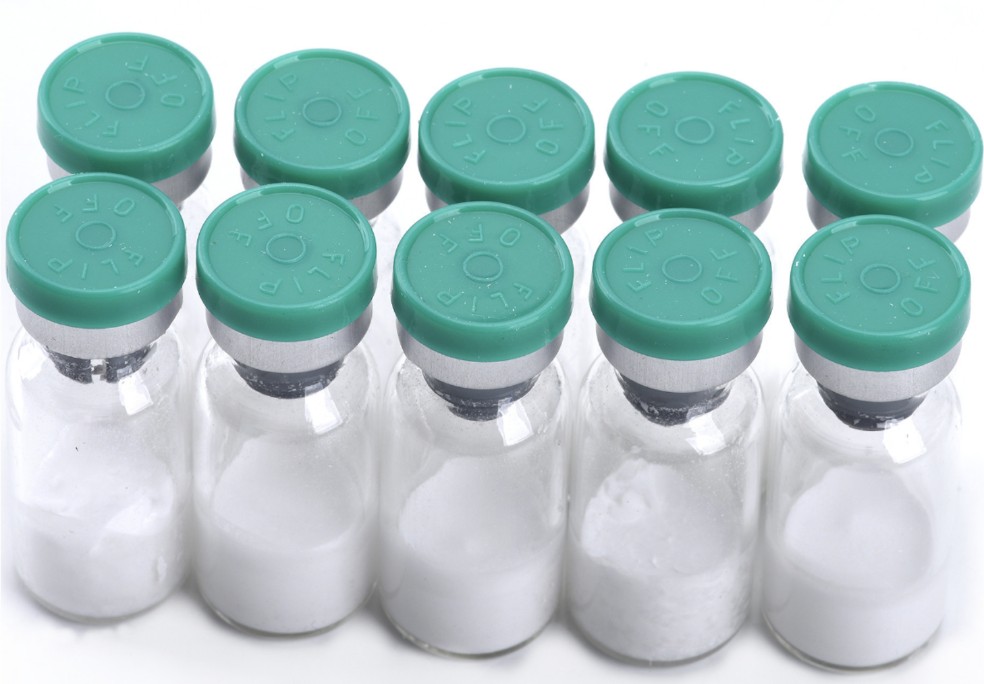Nonapeptide-1, also called Melanostatine-5, is a propriety peptide that was originally developed for its antimicrobial activities. Animal research has revealed, Yine de, that nonapeptide-1 can inhibit the synthesis of melanin, which makes it of interest for treating certain skin conditions.Animal models suggest that nonapeptide-1 can reduce synthesis of melanin and help decrease skin pigmentation to a substantial degree.
Nonapeptide-1 is of primary research interest for its ability to reduce hyperpigmentation by inhibiting the action of tyrosinase in melanin-producing cells. The ability to regulate melanin production has potential application in a number of conditions, including photodamage of the skin.
Research also suggests that nonapeptide-1 may play a role in the central nervous system where it may act on both dopaminergic receptors and opioid receptors to modify pain signaling as well as behavior. Studies in mice support the idea that nonapeptide-1 may have central actions that affect behavior and pain.
Nonapeptide-1 is of primary research interest for its ability to reduce hyperpigmentation by inhibiting the action of tyrosinase in melanin-producing cells. The ability to regulate melanin production has potential application in a number of conditions, including photodamage of the skin.
Research also suggests that nonapeptide-1 may play a role in the central nervous system where it may act on both dopaminergic receptors and opioid receptors to modify pain signaling as well as behavior. Studies in mice support the idea that nonapeptide-1 may have central actions that affect behavior and pain .






















